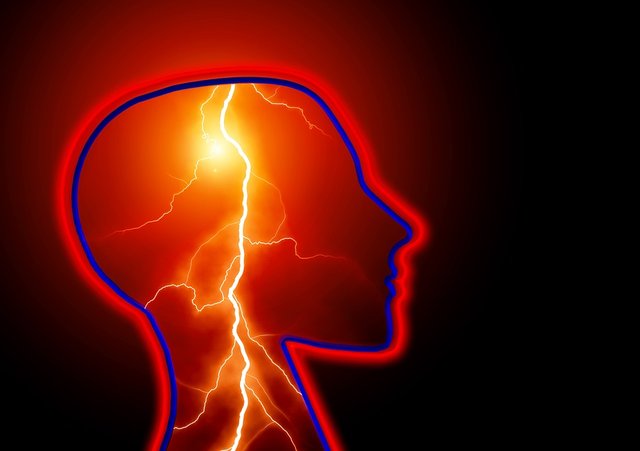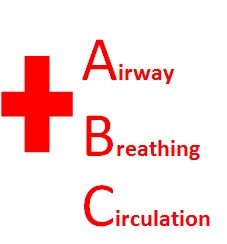Management of acute stroke #1

image : pixabay
>> Airway
Ø Check that the patient can protect his/her airway & swallow without evidence of aspiration.
Ø Perform a swallow screen & keep patient nil by mouth if swallowing unsafe.
>> Breathing
Ø Check that the patient is breathing adequately; check oxygen saturation & give oxygen if saturation <95%.
>> Circulation
ØCheck peripheral perfusion, pulse & Blood pressure adequate & treat with fluid replacement, anti-arrhythmic & inotropic drugs as appropriate.

>> Hydration
Ø Screen for signs of dehydration & give fludis parenterally or by nasogastric tube if necessary.
>> Nutrition
Ø Assess nutritional status & provide nutritional supplements if necessary. ØIf dysphagia persists for a day or two, Start feeding via a nasogastric tube.
>> Medication
Ø If the patient is dysphagic, consider alternative routes for essential medications.
>> Blood pressure
Ø Unless there is heart failure or renal failure, evidence of hypertensive encephalopathy or aortic dissection, do not lower the blood pressure in the 1st week since cerebral perfusion may decrease. Blood pressure often returns towards the patient’s normal level within the 1st few days
>> Blood glucose
Ø Check blood glucose & treat with insulin when levels are >11.1 mmol/L (200 mg/dL). Monitor closely to avoid hypoglycaemia.
>> Temperature
Ø Check for pyrexia & investigate & treat underlying cause.
Ø Give antipyretics since raised brain temperature may increase infarct volume.
![]()
>> Pressure areas
Ø Check pressure areas & introduce measures to reduce the risk of bed sores.
>> Incontinence
Ø Check for constipation & urinary retention & treat appropriately.
Ø Avoid urinary catheterisation unless the patient is acute urinary retention or incontinence is threatening pressure areas.
To be Continue.......
Previous lesson :
1. Medical Lesson #1 : Anxiety #1 : Causes of anxiety
2. Medical Lesson #1 : Anxiety #2 : Differential diagnosis of anxiety & Symptoms of depressive disorder
3. https://steemit.com/medical/@hrsagar/medical-lesson-1-anxiety-3-risk-factor-and-assessment-of-patients-self-harm
By @hrsagar

I read this post and I find it very useful. Last year my uncle had one heart stroke but he luckily survived it. It is interesting to know that heart strokes are related to blood glucose!
Nice work, you have a new follower here. It would be my privilege if you looked to my writing.
Downvoting a post can decrease pending rewards and make it less visible. Common reasons:
Submit
Upvoted.read my blog and upvote. :)
Downvoting a post can decrease pending rewards and make it less visible. Common reasons:
Submit
Informative blog 👍
Downvoting a post can decrease pending rewards and make it less visible. Common reasons:
Submit